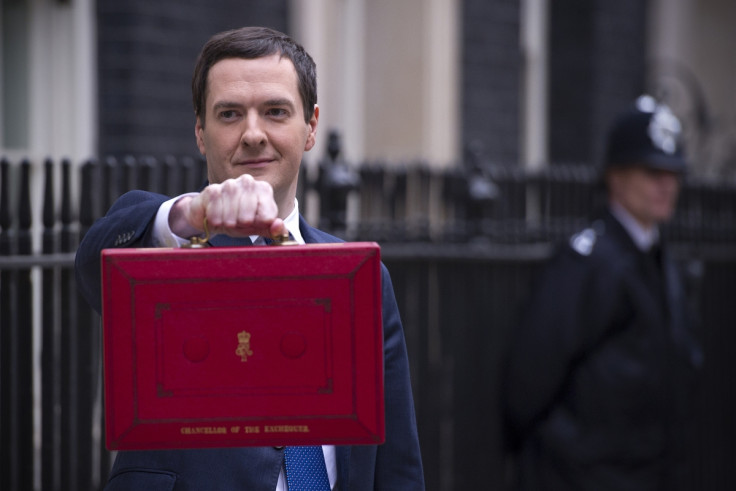CBI urges business tax changes as Tory policies burden firms with £9bn annual costs

Business rates and recent fiscal policies like the national living wage including the apprenticeship levy are increasing the burden on businesses and will cost companies £29bn over the course of the parliament, a leading business group has claimed.
The Confederation of British Industry (CBI) found that new policies from the government could cost UK businesses £9bn (£11.7bn, $13bn) extra a year by 2020. These extra costs could prevent businesses from creating new jobs and investment, it warned.
The lobby group set out a raft of recommendations, urging government to update business rates regimes and simplify energy efficiency taxes. It also wants improved capital allowances, in order to support foreign investment.
"This cost burden has now crept up far enough, if the Government is serious about supporting the UK's companies to drive growth in the economy," Carolyn Fairbairn, CBI's director, warned in the budget submission, published by the organisation on Monday (15 February).
Fairbairn cautioned UK businesses were being pushed to a cliff edge, with the retail and care sector being disproportionately hit by government's fiscal policies. She said the CBI would help with implementing the apprenticeship levy and the living wage, but urges a relaxing of specific business policies to increase opportunities.
"In this budget, businesses will want to see the Government updating the UK's business rates system, supporting investment through the capital allowance system and equipping our world-class innovators with the tools they need to compete globally," she said.
Business rates were at the centre of the recommended reforms, cited as a major concern for businesses. The CBI urged the government to simplify them and called for a fairer tax system. The group also wants micro businesses, with properties worth £12,000 or less, exempted from the rates altogether.
Chancellor of the Exchequer George Osborne will set out his first budget of 2016 on 16 March. IBTimes UK contacted the Treasury for comments, but did not receive any reply before publication.
© Copyright IBTimes 2024. All rights reserved.






